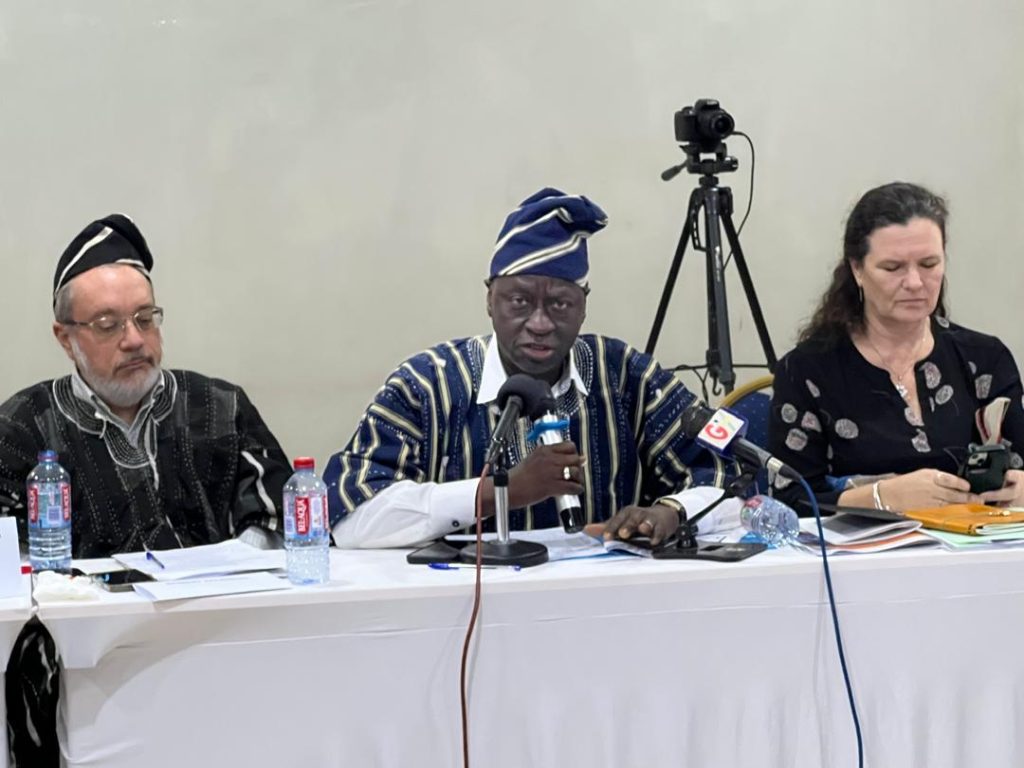By Albert Futukpor
Tamale, Jan 13, GNA – Mr Osman Diagana, Vice President of the World Bank for West and Central Africa has said he is really impressed about the positive impact the Gulf of Guinea Northern Regions Social Cohesion (SOCO) project has made on communities in the country.
He said his impression from his interactions with the people showed that the interventions being carried out under the project were encouraging and helping to build community resilience.
He said this in Tamale whilst addressing an interactive session with the SOCO project implementation stakeholders including the representatives of the Ministry of Local Government, Metropolitan, Municipal and District Assemblies (MMDAs) and some civil society organisations.
The interactive session enabled the SOCO project implementation stakeholders to share perspectives on the progress, challenges and the way forward for the project.
A video on the project’s Knowledge Management and Coordination Platform, which seeks to streamline development initiatives in the SOCO project implementation zones, was also shown during the event.
The SOCO project is being implemented in 48 MMDAs in the Northern, North East, Savannah, Upper East, Upper West and Oti Regions to reduce vulnerability to climate change, strengthen local institutions, improve economic opportunities, build public trust and strengthen regional dialogue and to prevent the spread of violence from the Sahel region to the northern parts of the country.
It is a $450 million multi-country project being implemented in Benin, Ivory Coast, Togo and Ghana with support from the World Bank, and the Government of Ghana’s allocation is a total of $150 million credit facility (loan).

Mr Diagana led a delegation comprising officials from the Ghana office of the World Bank, and the United States Agency for International Development to visit some of the SOCO projects in the Tamale Metropolis.
He said the World Bank’s model was people first to ensure that projects were people-driven to yield results for communities.
He said through the SOCO project, the World Bank sought to build community resilience and contribute to improving the living conditions of the people.
He said given the situation on the West African sub-region, the SOCO intervention was appropriate to build resilience and unity.
Mr Diagana thanked the implementation stakeholders for their commitment to the project expressing the need for an independent evaluation of the project.
Mr Samuel Seth Passah, Director, Ministry of Local Government said the project had been impactful to the beneficiaries adding it was a game changer and had empowered the youth in communities.
GNA